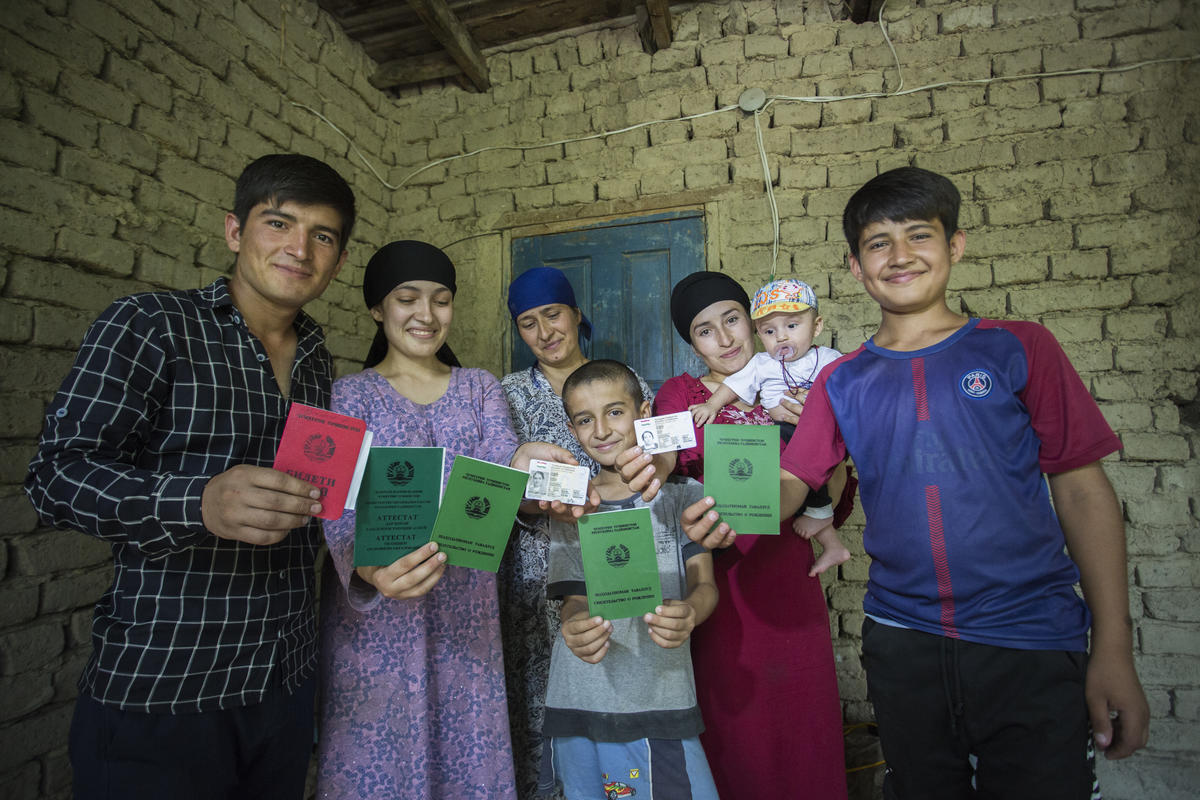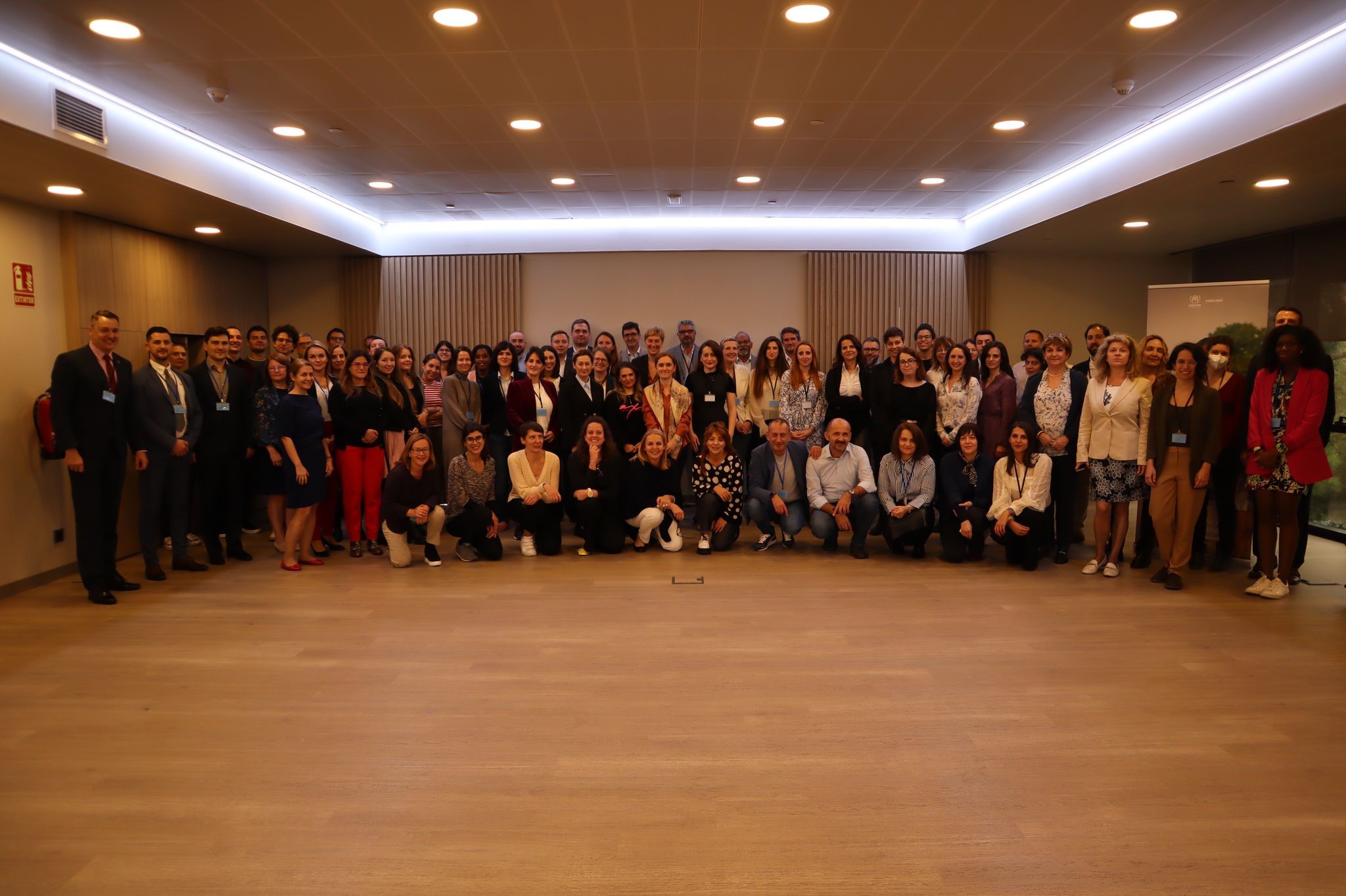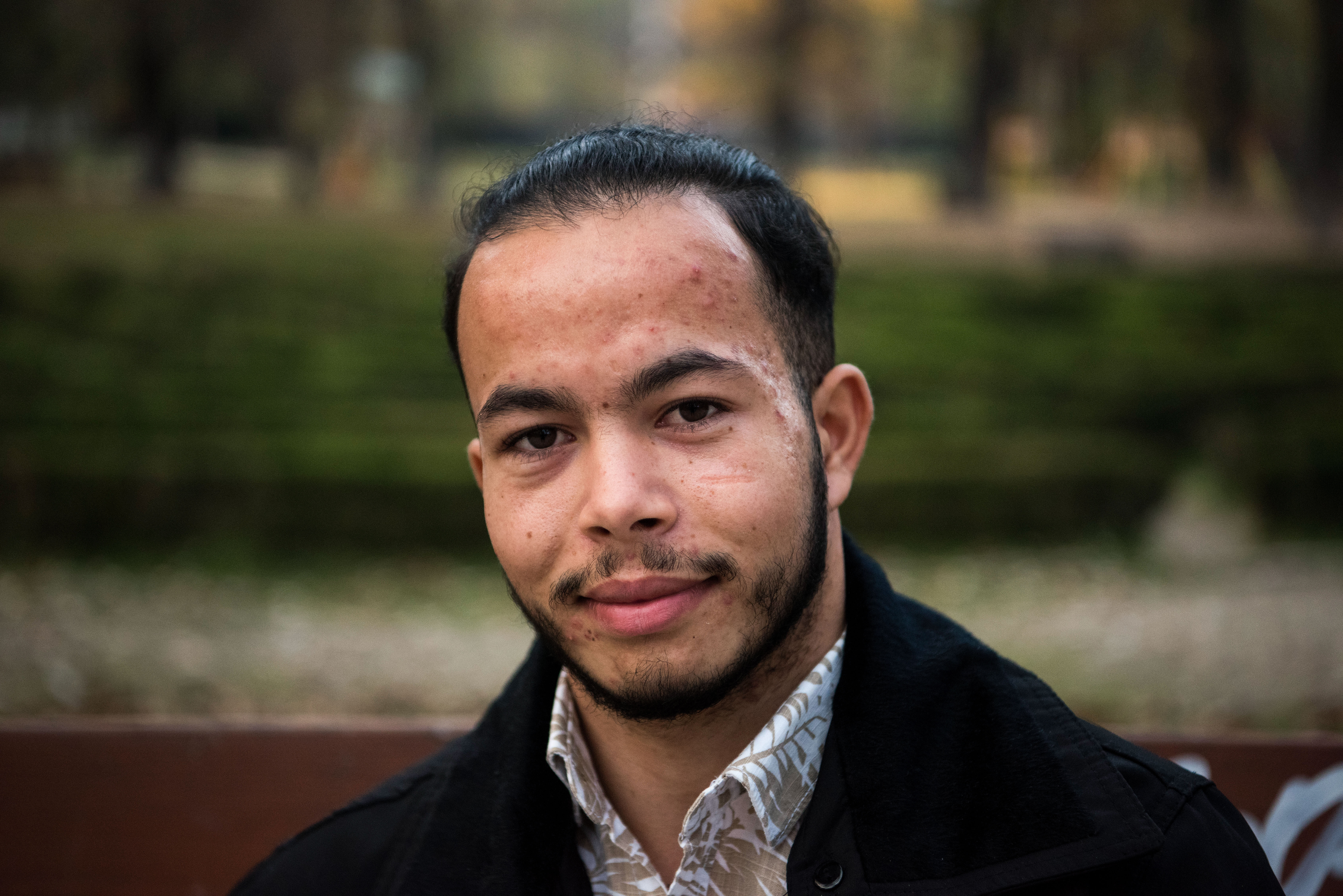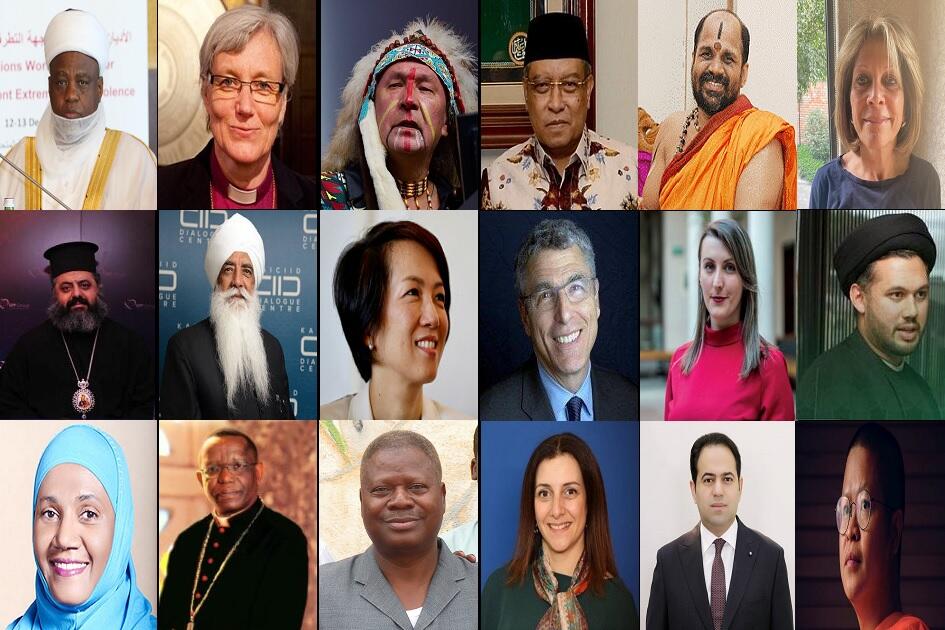Statelessness treaties gain support but need stronger boost
Statelessness treaties gain support but need stronger boost
This week has seen quiet but significant developments on the sidelines of the General Assembly session in New York with regard to statelessness. Three countries, Croatia, Nigeria, and the Philippines, have all become parties to one or both of the international treaties on statelessness.
This important step shows the three countries' commitment to tackling statelessness. It also provides them with the legal tools to identify and protect stateless people, as well as to prevent and reduce the problem.
Up to 12 million people are believed to be stateless worldwide. They have no nationality, usually lack valid identity documents, and are often denied even the most basic rights, including access to health care, education, housing and jobs.
To address these problems, the 1954 Convention relating to the Status of Stateless Persons defines who is considered stateless and establishes minimum standards of treatment. The 1961 Convention on the Reduction of Statelessness provides principles and a legal framework to prevent statelessness.
Today, most new stateless cases involve children born to stateless parents. This can be prevented if more countries accede to the 1961 Convention and offer citizenship to children at birth.
With this week's accessions, the Philippines has become the first country in Southeast Asia to become party to the 1954 Convention. At the same time, Croatia is now party to both statelessness conventions, confirming its commitment to prevent future cases of statelessness. UNHCR is currently working with both governments to address the issue.
Given Nigeria's diplomatic weight, we expect the country's accession to boost efforts at the international level to promote accession and address statelessness in Africa.
With these accessions, the numbers of states that are party to the 1954 and 1961 Conventions now stand at 68 and 40 respectively. Given that the UN has 193 member states, these figures are still disappointingly low. International support is growing but we still lack the critical mass to make a substantial difference.
UNHCR is calling on governments to seriously consider acceding to both treaties. We also urge those states that are considering accession to start procedures at the national level.
We are hopeful that more countries will follow the example set by Croatia, Nigeria, the Philippines and Panama - which acceded in June - and become party to the two statelessness conventions. To mark the 50th anniversary of the 1961 Convention, UNHCR will hold a treaty ceremony during the ministerial-level meeting in Geneva in early December. We already have indications from a number of states that they will accede at this event.
For further information on this topic, please contact:
- Adrian Edwards on mobile +41 79 557 9120
- Babar Baloch on mobile +41 79 557 9106








